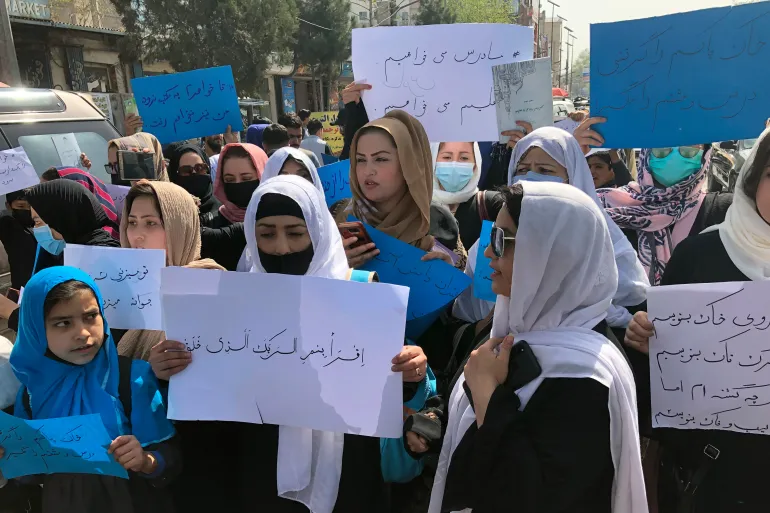The survey draws from data sets spanning 2010-14 and 2017-22
Gender inequality has remained stagnant for a decade, according to research by the United Nations, as cultural biases and pressures continue to hinder women’s empowerment and leave the world unlikely to meet the UN’s goal of gender parity by 2030.
Among both men and women, “biased gender social norms are prevalent worldwide: almost 90 percent of people have at least one bias” among the seven analyzed by the UN Development Programme (UNDP) in a report released on Monday.
Despite a surge in women’s rights groups and social movements like Time’s Up and MeToo in the United States, biased social norms and a broader human-development crisis heightened by COVID-19, when many women lost their income, have stalled progress on inequality.
In the report, the UNDP tracked the issue through its Gender Social Norms Index, which uses data from the international research programme World Values Survey (WVS).
The survey draws from data sets spanning 2010-14 and 2017-22 using data from 80 countries and territories, covering 85 percent of the global population.




The Brief. Sign up to receive the top stories you need to know right now.